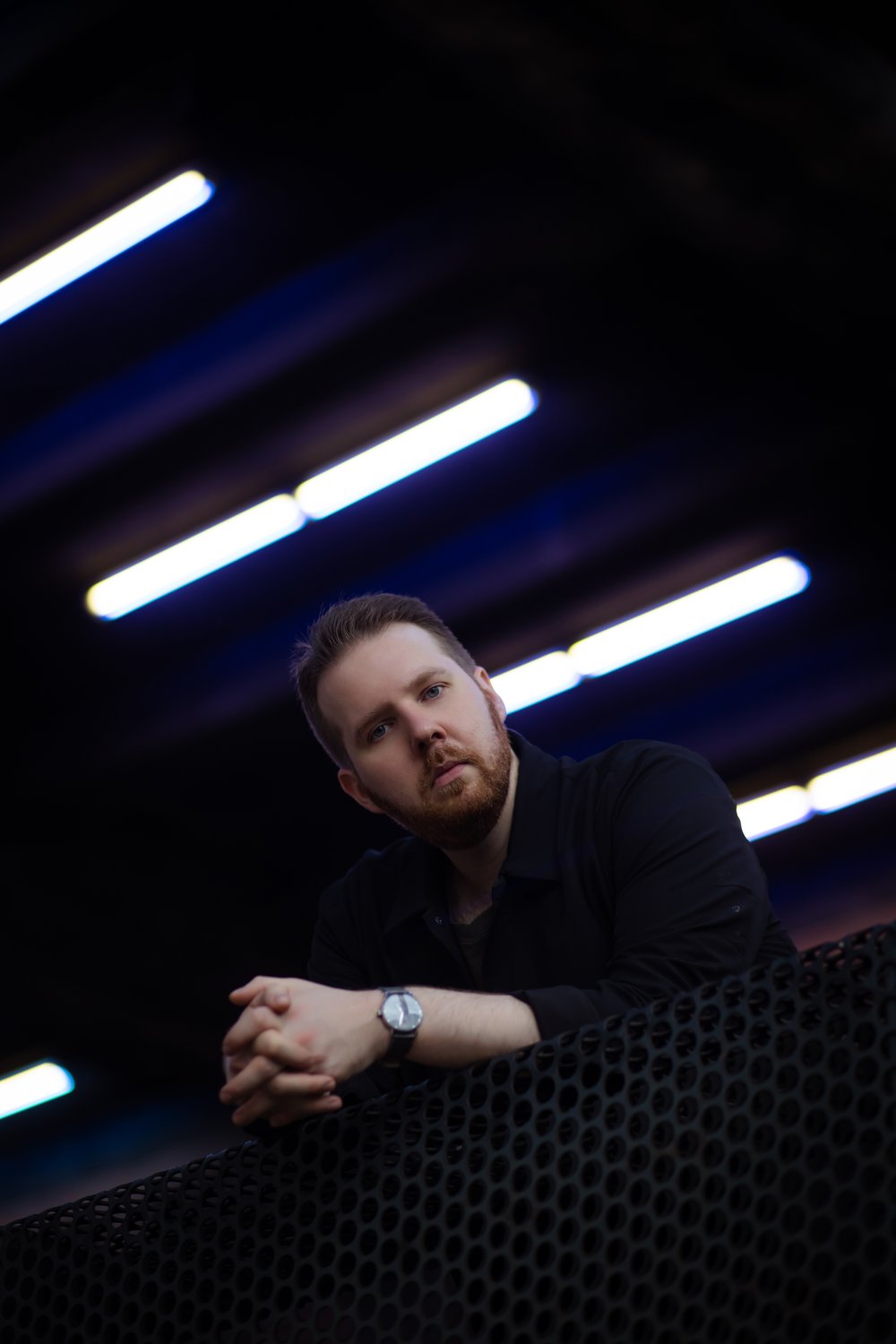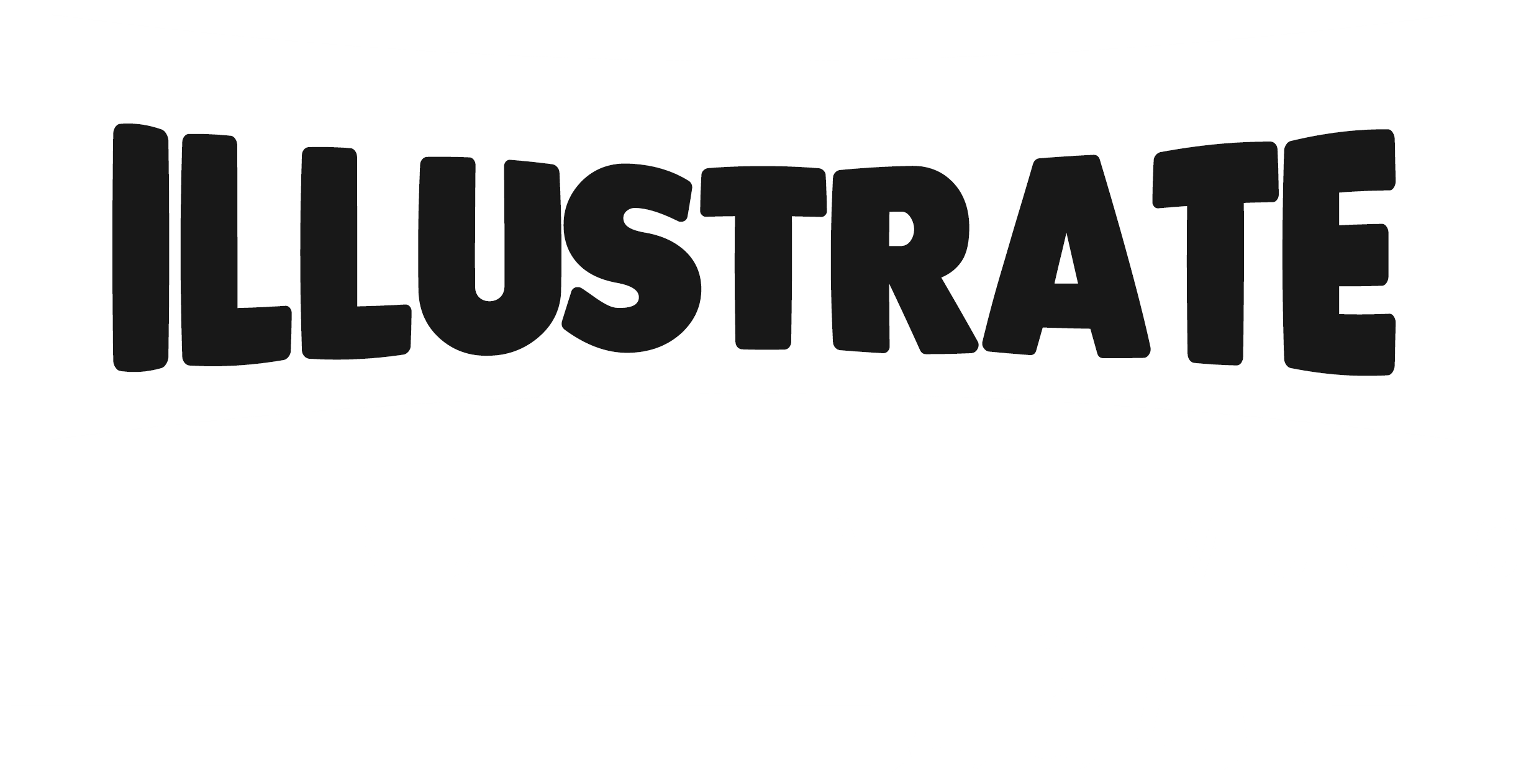Nick Stevens, a Brooklyn-based musician known as The Eighty Six Seas, creates incisive, thematic folk pop in the style of David Gray, The Magnetic Fields, and Belle and Sebastian. Stevens began writing songs while enrolled in classes at the University of Connecticut. He first established himself as a solo folk musician before getting his start with the indie rock band The Condescending Foxes. He spent seven years in Boston before relocating to Brooklyn, where he was exposed to a wide range of musical genres, including electronica and baroque pop.
Nick discovered the perfect setting for recording his folk music in this eclectic setting, setting his straightforward and opulent melodies and traditional folk structures against a shifting vocabulary of radically different styles. He claims that after relocating to Brooklyn, he attained the confidence necessary to record these songs and release them to the public. Nick’s only hope in the chaotic world of the pandemic was his blazing new artistic path.
Soon after this musical revelation, The Eighty Six Seas were created as a tribute to the 1986 Boston Celtics, also known as “the 86 C’s.” Nick frequently and astoundingly recreates the soundscapes while performing with a variety of collaborators using only his guitar, synthesizer, and loop pedals. The desire to test out various iterations of his material has only gotten stronger over time. Check out the latest single and the exclusive Interview below:
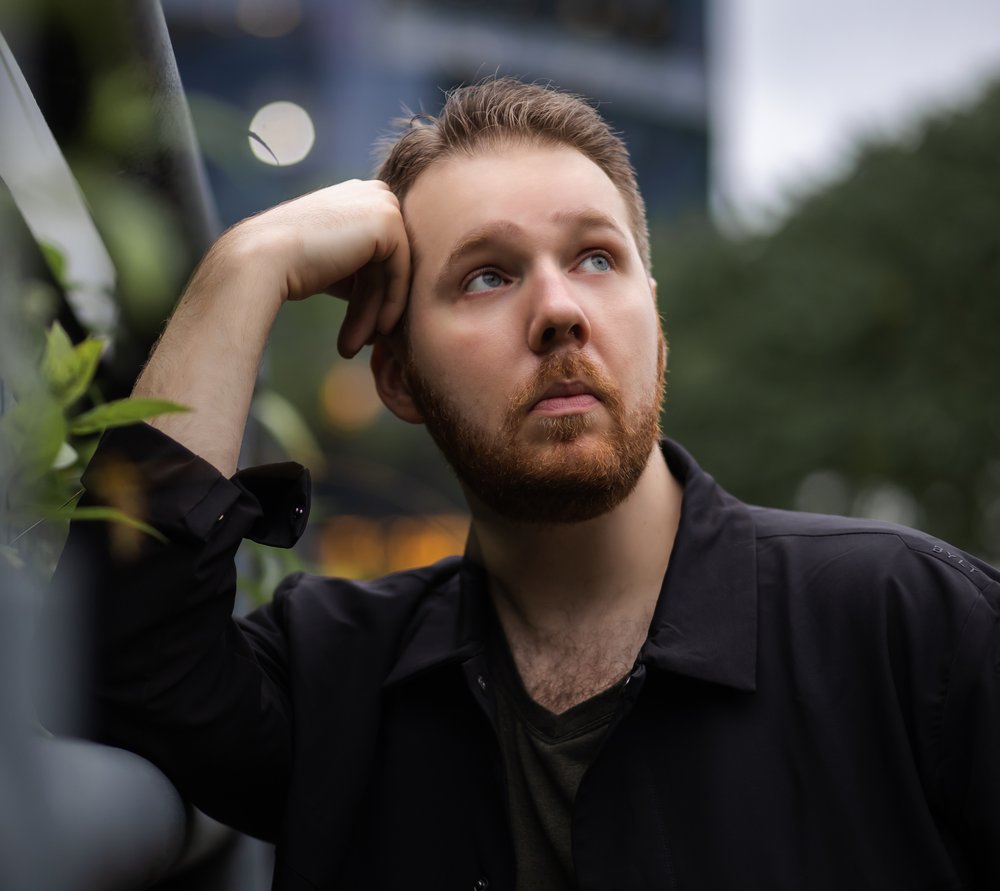
1. Can you tell us a bit about where you come from and how it all got started?
THE EIGHTY SIX SEAS: I grew up in Connecticut and started writing and performing as a singer-songwriter when I was in college at the University of Connecticut. I started performing as a musical theater actor and struggled to find many opportunities to perform once I got to college. Writing and performing my own material gave me the opportunity and the confidence to be in front of people and it was refreshing to be able to be myself instead of playing a character. I moved to Boston after college and I struggled to keep that confidence and it resulted in some stops and starts in recording and I eventually got back into acting and stopped pursing my own material for awhile. I moved to New York shortly before the pandemic, and once the pandemic hit I found myself with a ton of time on my hands. I kept looking back at all of these old songs that I’d written towards the end of college and thought “it’s time to give these a proper go”. That was the start of The Eighty Six Seas!
2. Did you have any formal training or are you self-taught?
THE EIGHTY SIX SEAS: Self taught! I’ve been singing since eight years old, and taught myself piano and guitar when I was in high school.
3. Who were your first and strongest musical influences and why the name ‘THE EIGHTY SIX SEAS’?
THE EIGHTY SIX SEAS: First influences were Billy Joel, The Police, and Phil Collins. No Jacket Required was one of the first albums I ever bought, and is still in heavy rotation. When I was in college, I started listening to a ton of more folk oriented music. Cat Stevens, earlier era Van Morrison (Astral Weeks in particular), and Nick Drake are still amongst my favorites. My strongest influences would be David Gray, Belle and Sebastian, The National, and Peter Gabriel. White Ladder in particular lives rent free in my head and is where I got the itch to start messing around with synths and loops. Peter Gabriel was a huge influence on my track The Artist (particularly the track Mercy Street). The songs I’m writing now are certainly rooted in indie-folk, and the band and I are pushing that more into alt-rock territory that The National have mined so thoroughly. We’ll see what happens!
The Eighty Six Seas is named after the 1986 Boston Celtics. In Boston, you commonly hear them referred to the 86 C’s. One small way that I can let my rabid Celtics fandom be known to the world! Now I just need to find a way to namedrop Jason Tatum in some lyrics or name a song Time Lord…
4. What do you feel are the key elements in your music that should resonate with listeners, and how would you personally describe your sound?
THE EIGHTY SIX SEAS: The lyrics are always the most important part for me. I tend to start with lyrics as a way to make sure that whatever musical ideas I carry forward are always rooted in the story that I’m trying to tell and the emotion that I want to get across.
I always feel hesitant to put a label on my sound. Indie-folk has always been the closest “bucket” but even that doesn’t always feel appropriate.
It has elements of folk, electronica, alt rock, pop, and even some world music thrown in for good measure.
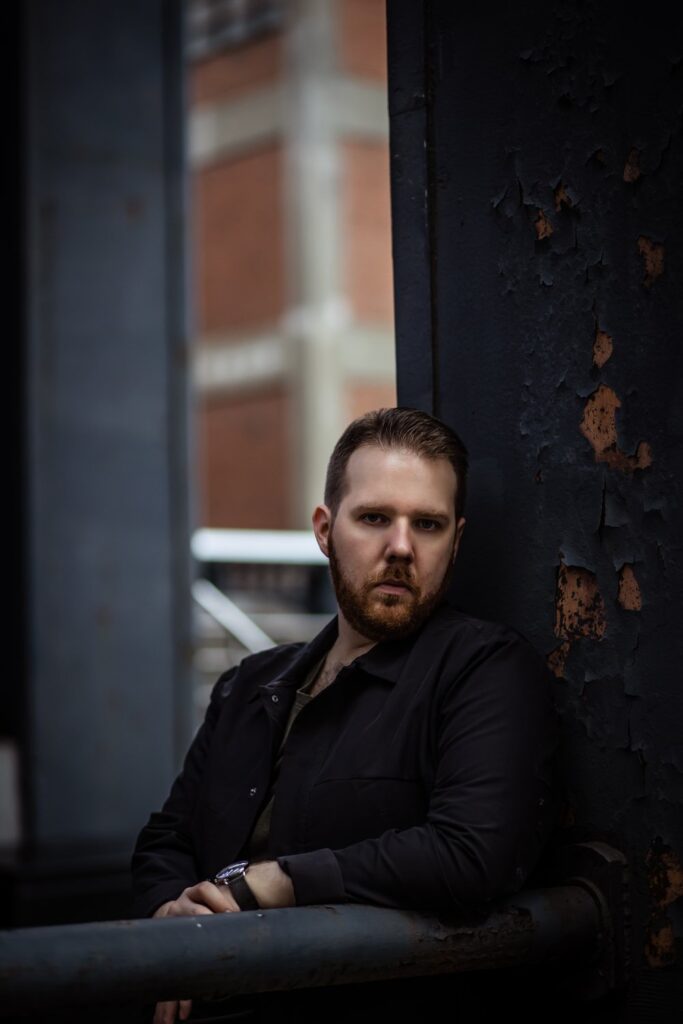
5. For most artists, originality is first preceded by a phase of learning and, often, emulating others. What was this like for you? How would you describe your own development as an artist and music maker, and the transition towards your own style, which is known as POP?
THE EIGHTY SIX SEAS:
My first songs were pure, unadulterated aping of Cat Stevens. One of the songs that I used to play in my college days was called Soul, and was basically just a very watered down version of The Wind. I frankly didn’t have the confidence early on to write something that felt like “me” and I always looked to create “versions” of songs that I thought were interesting. The problem with that is that you end up re-treading familiar territory and never get the opportunity to fully express yourself, which I’ve always seen as the point of all of this. As I’ve thrown myself back into writing the past few years, I’ve started to just not give a shit and be the most unapologetic version of myself and write what I want to and what I think is interesting and not care anywhere near as much about if someone will “get it”. I try not to get weighed down by a stylistic boundary and just run with what sounds good.
6. Could you describe your creative processes? How do usually start, and go about shaping ideas into a completed song? Do you usually start with a tune, a beat, or a narrative in your head? And do you collaborate with others in this process?
THE EIGHTY SIX SEAS:
I tend to start with lyrics, though occasionally I’ll have a tune that I have stuck in my head that I’ll run with. For the “This is Just a Simple Song” EP, it was a lot of me sitting and writing these small stories in a 20-30 minute period, putting them against chords, and then doing a quick demo. When we actually recorded the songs, I did have collaborators but we didn’t stray terribly far from the demos. As I’m writing new songs for my upcoming album, I’ve been writing more against grooves that I hear or interesting melodic ideas as opposed to just always starting with lyrics.
7. What has been the most difficult thing you’ve had to endure in your life or music career so far?
THE EIGHTY SIX SEAS: Cutting through the noise and actually getting my music into the ears of the people who will enjoy it most. It’s a difficult environment when there is so much to choose from, and how do you show someone that your music is worth listening to. It’s probably the most difficult when trying to get an audience out for a live show. You have to show them that your music and your brand is worth taking a shot on, and it’s very difficult to do that in the world of content algorithms and a plethora of options to choose from.
8. With social media having a heavy impact on our lives and the music business in general, how do you handle criticism, haters, and/or naysayers in general? Is it something you pay attention to, or simply ignore?
THE EIGHTY SIX SEAS: I do pay attention to it, but not to the extent where I let it try to mess with my head. If the criticism is legitimate critique then I try to examine it dispassionately and use it as a way to improve. I try to ignore the stuff that’s just preference based as best I can, though that isn’t always easy. Last year I had someone message me on social media because of his outrage that I used autotune on a song as a creative and it wasn’t his personal preference. That’s the kind of stuff I don’t understand. If you don’t like it, why are you continuing to listen and taking the time out of your day to complain?
9. Creative work in a studio or home environment, or interaction with a live audience? Which of these two options excites you most, and why?
THE EIGHTY SIX SEAS: Interaction with a live audience. The camaraderie I feel with my bandmates and the connection that I have with the audience when performing is what sustains me Recording in the studio is fun, but I do see it as a means to an end in some regards. I always enjoy thinking about whether live music is supposed to emulate a recording, or is a recording supposed to emulate live music. I’ve yet to come to a satisfying answer, but I know that the energy that comes from the live performance is impossible to replicate in the studio for me.
10. Do you think is it important for fans of your music to understand the real story and message driving each of your songs, or do you think everyone should be free to interpret your songs in their own personal way?
THE EIGHTY SIX SEAS: I’m all for individual interpretation. If a song of mine brings any type of meaning to someone, I could care less if it matches the real story behind it. Some of the songs that have been most meaningful to me in my life have nothing to do with the actual story and lyrics and are all about where I was when I first heard it or the circumstances of my life when I heard it.
KEEP IN TOUCH:
FACEBOOK | INSTAGRAM | SPOTIFY | BANDCAMP | WEBSITE | YOUTUBE
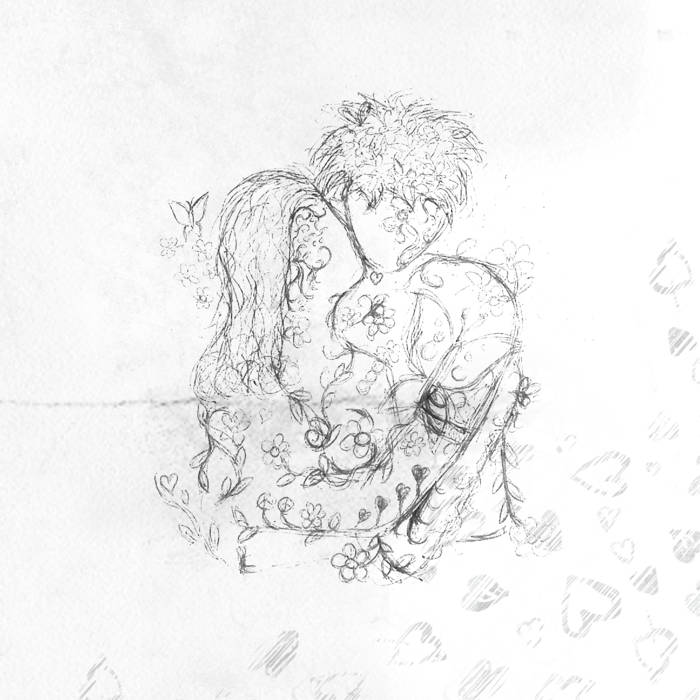
Photo credits: Patricia Koo
